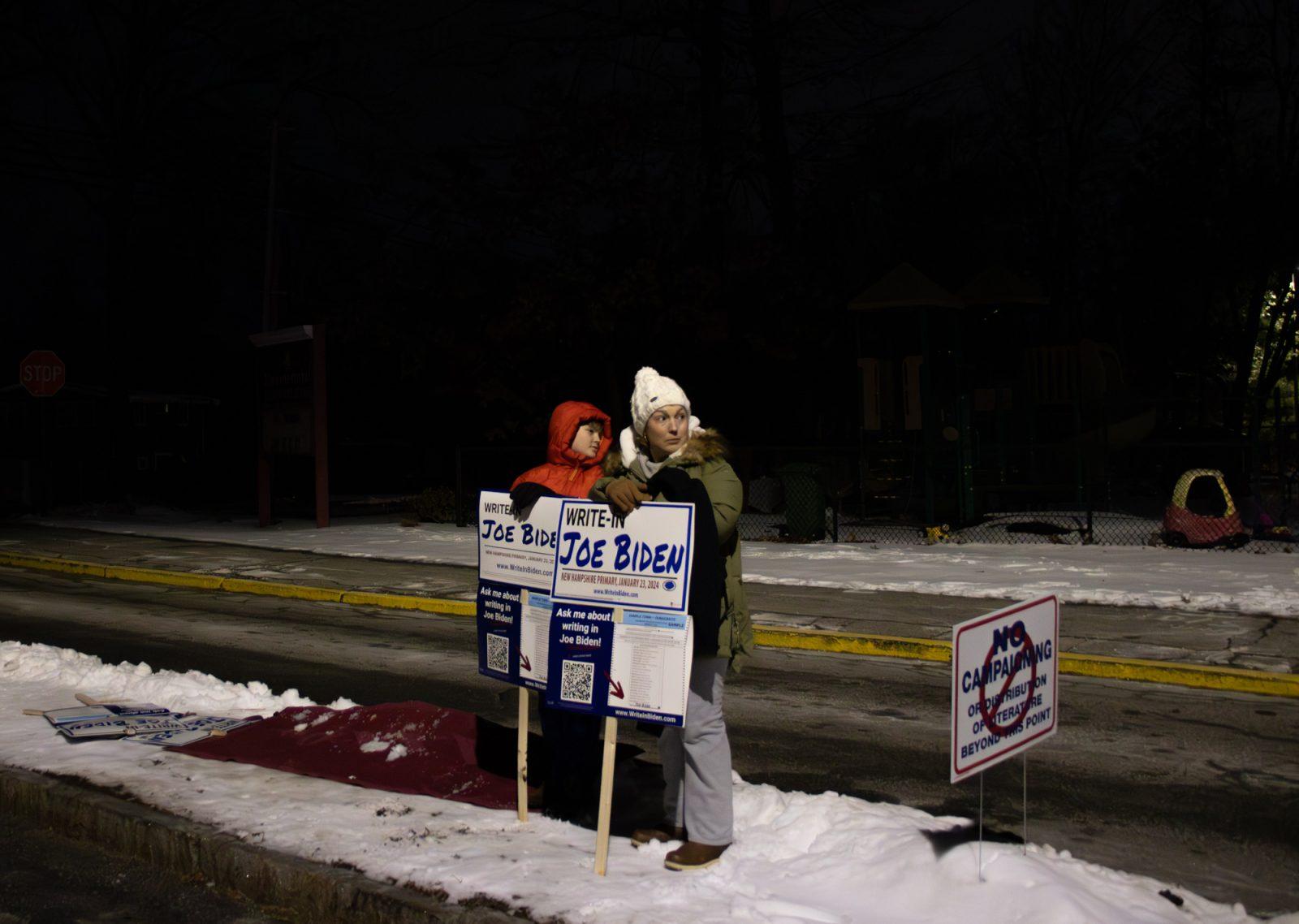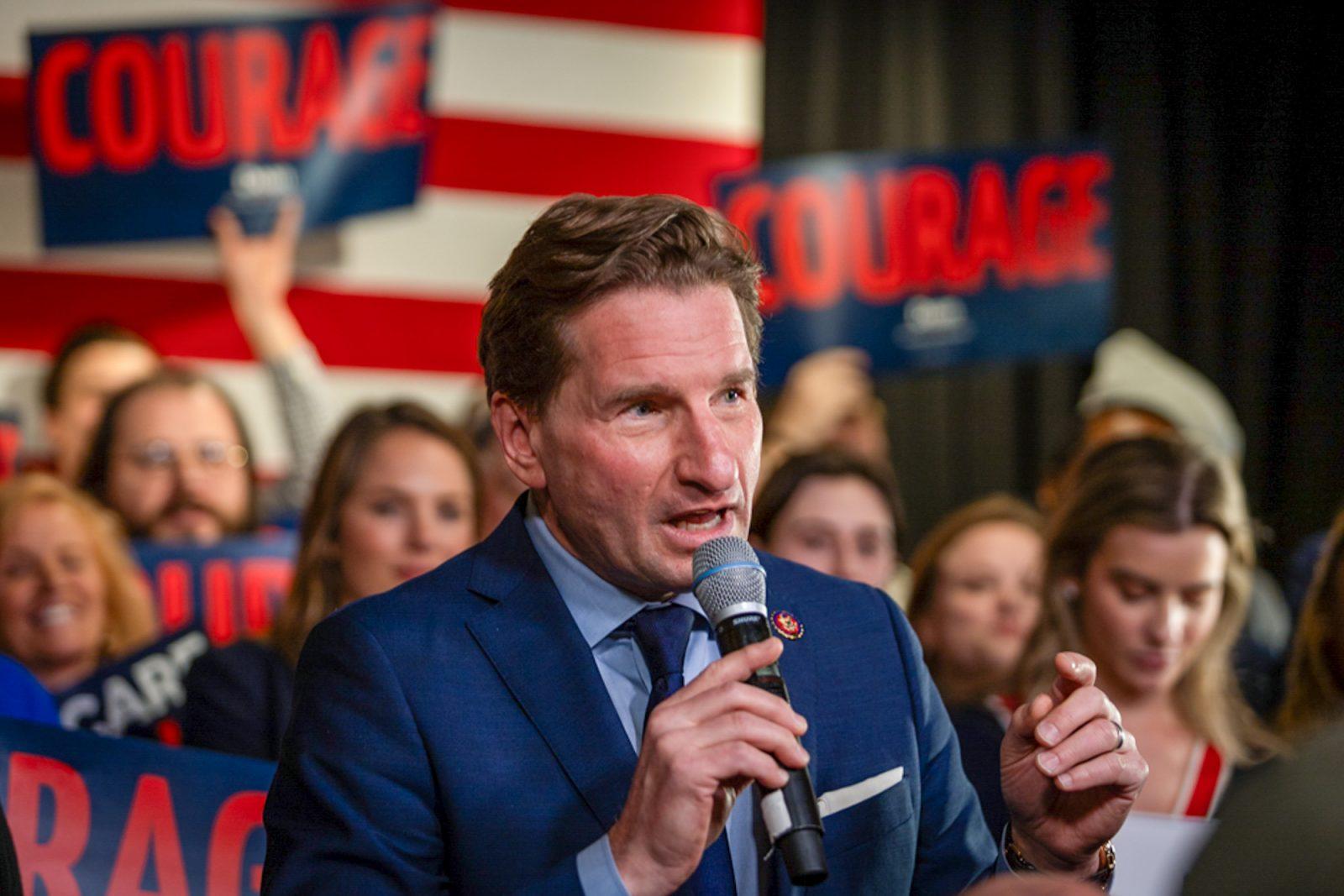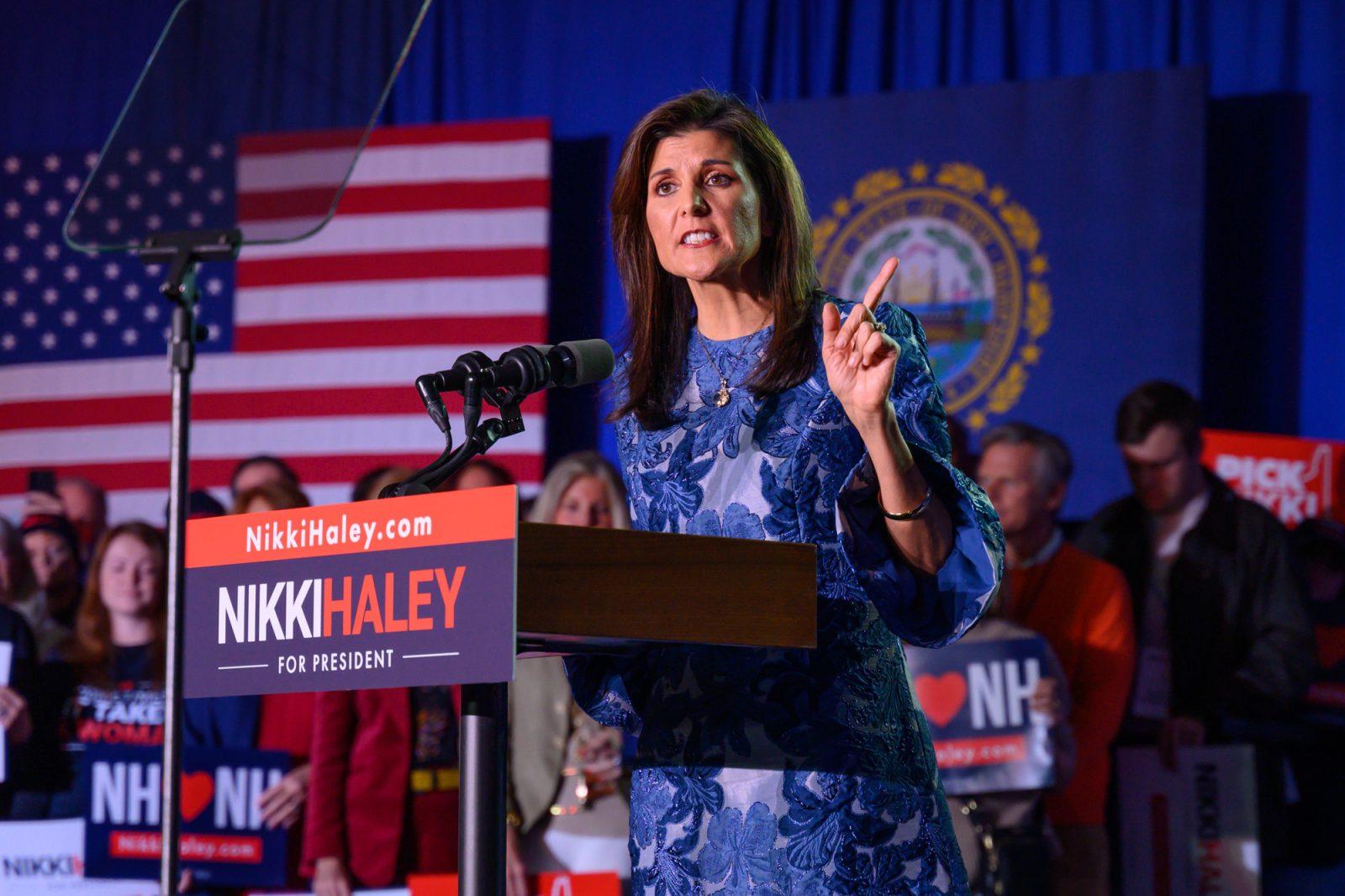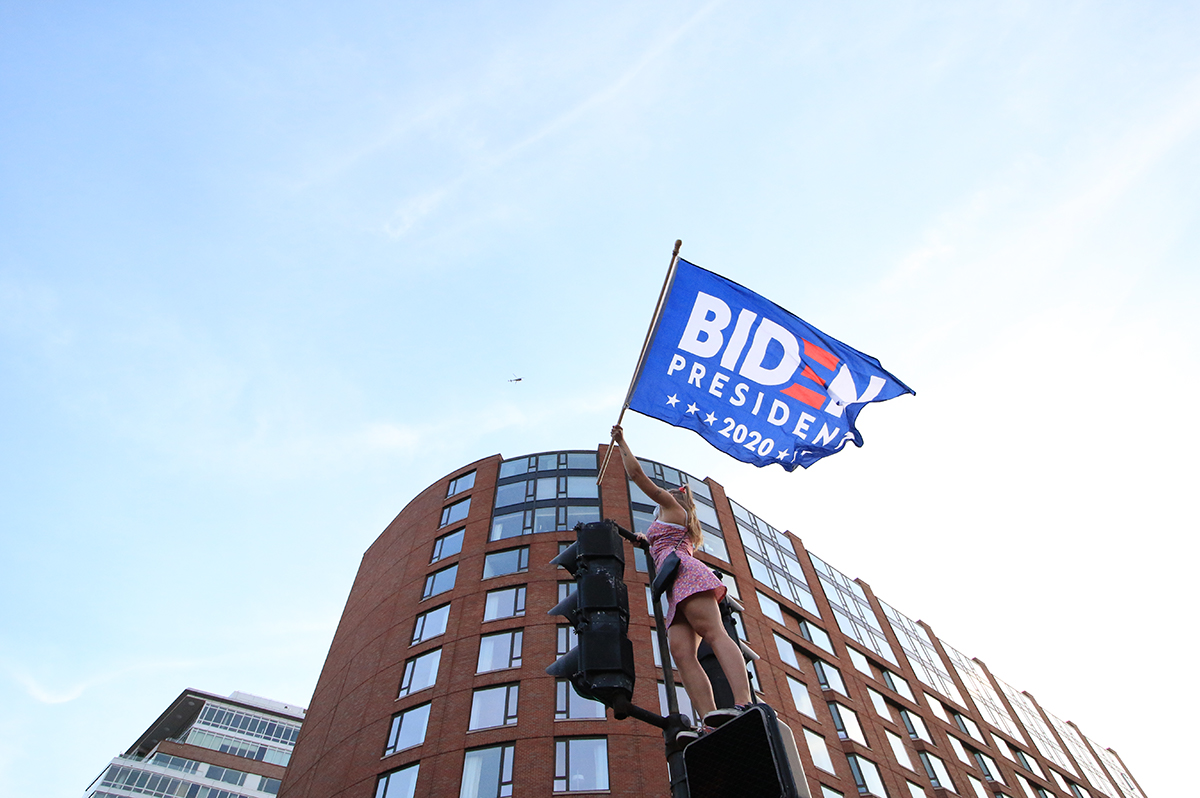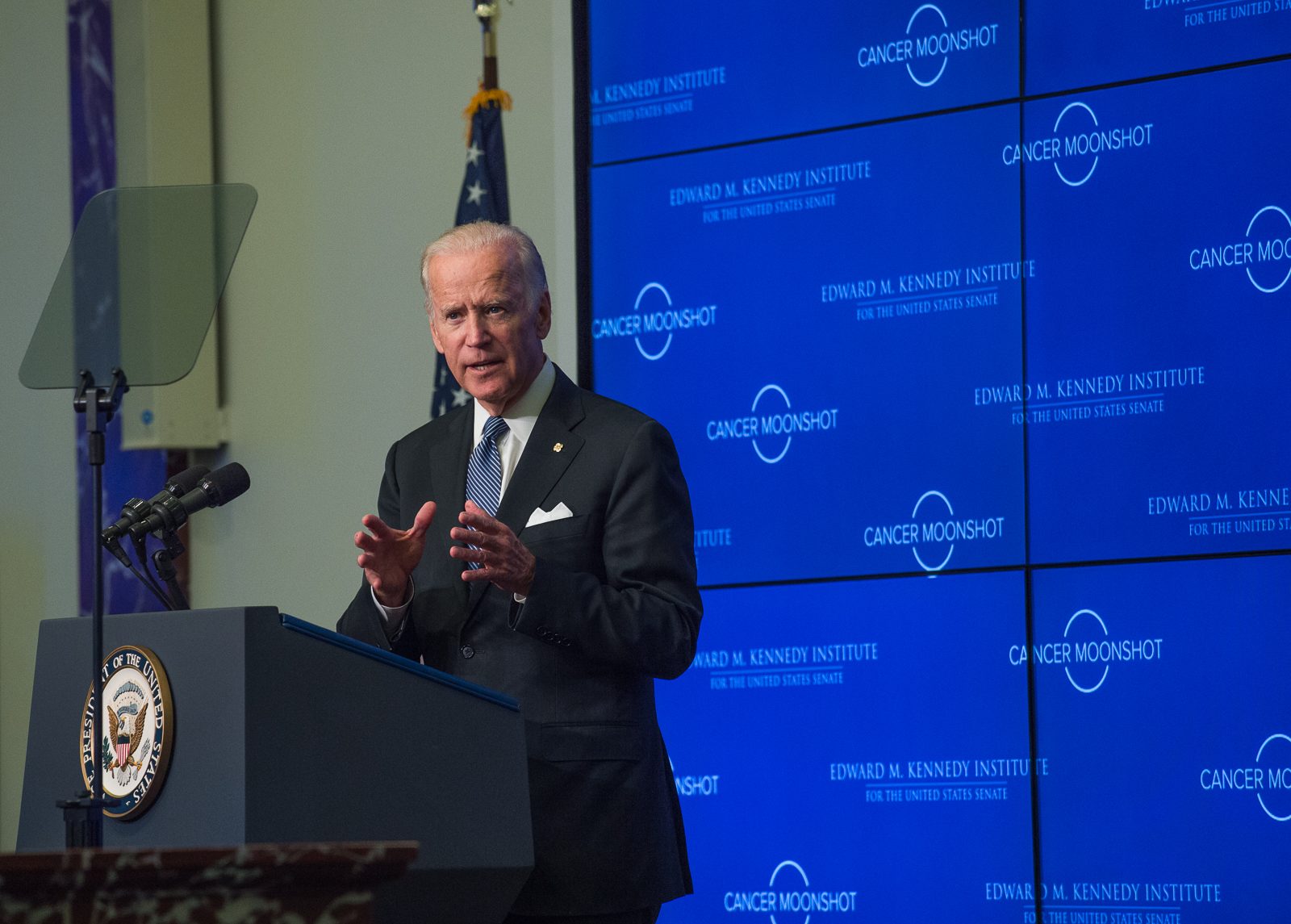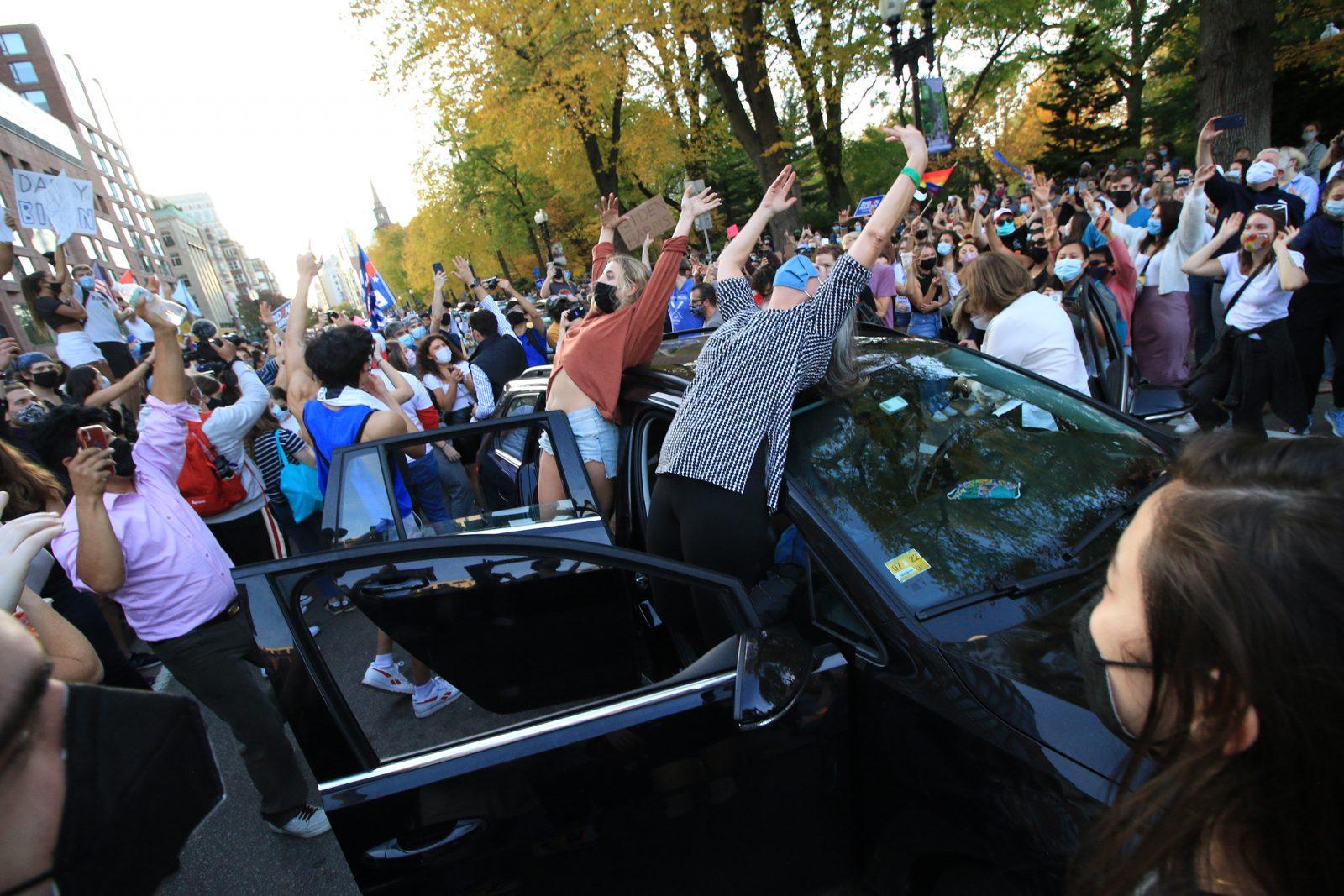
The Massachusetts House of Representatives voted Wednesday to pass a sweeping bill banning all flavored tobacco products indefinitely and taxing nicotine e-cigarettes in Massachusetts. The legislation now awaits a vote by the Senate.
State Rep. Danielle Gregoire, a Democrat who introduced the bill and represents the 4th Middlesex District, said the ban was targeted at curbing youth nicotine use. If passed, the state would levy a 75 percent excise tax on nicotine vapes.
“We’re trying to stem the tide of the e-cigarette epidemic in our youth,” Gregoire said.
The bill expands on Gov. Charlie Baker’s Sept. 24 ban on the sale of all vape products, which multiple pro-vaping groups have challenged as unconstitutional and self defeating.
Gregoire said that the bill, which passed 127-31, will be more effective than Baker’s ban because it regulates the vaping products through legislation instead of a public health declaration, which is limited to three months.
“We’ve seen a lot of lawsuits arise out of his ban, just because of the nature of an emergency declaration,” Gregoire said. “So, we have a lot more ability to be effective and effect real change with the full legislative process.”
The Senate is expected to debate the bill next week.
The Department of Public Health reported that as of 2017, 41 percent of high school students in the state said they had tried e-cigarettes. Overall, e-cigarette use increased 900 percent among American high schoolers over the past few years, according to the DPH.
Opponents of the bill have said e-cigarettes and other vape products are an important tool for cigarette smokers looking to quit and that a ban could also exacerbate recent outbreaks of lung illness. As of Wednesday, more than 2,000 cases of vaping-related lung illness have been reported in the U.S., according to the Centers for Disease Control.
Michael Siegel, a professor at Boston University’s School of Public Health who has publicly opposed Governor Baker’s vape ban, wrote in an email that the passage of the bill would be a public health “disaster.”
“Youth are not going to just stop vaping. What they are going to do is simply switch,” Siegel wrote. “What will be available are black market THC carts, precisely the products that are responsible for this terrible outbreak.”
Alex Clark, CEO of the Consumer Advocates for Smoke-free Alternatives Association, said he was concerned about the effect the ban would have on cigarette smokers.
“The variety of flavors makes it easier for people to find something that’s going to work for them long term,” Clark said. “Worst case, people who have recently switched to vaping will just go back to smoking.”
Elizabeth Spencer, 56, of Brookline said that as a parent, she believes the ban will keep kids safer.
“[Nicotine has] been ruining their lives,” Spencer said. “They’re in agony, just trying to come off of it. Kids aren’t supposed to be able to get their hands on it, but they are.”
Jeremy Moy, 52, of Back Bay said although he believes vaping is safer than smoking, he doesn’t think the ban will be effective.
“People are going to buy [the products] anyway,” Moy said. “They’re just going to go to a different state.”


















































































































